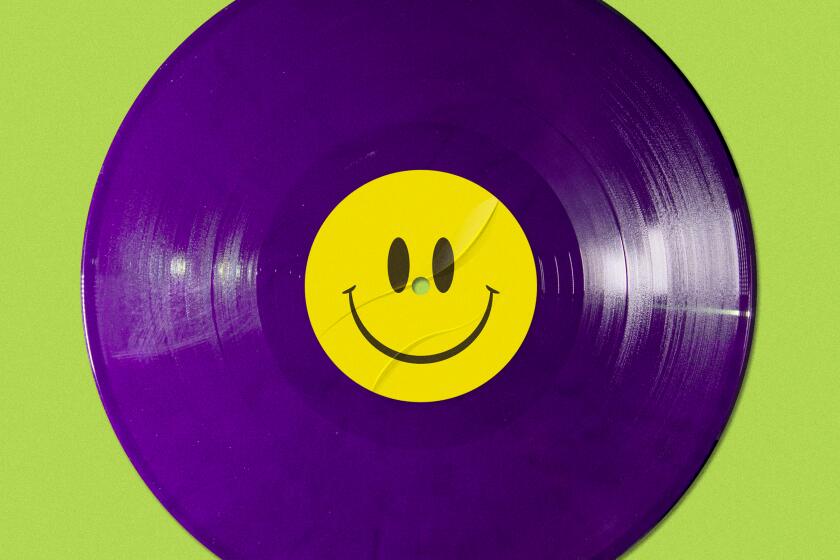On the Spot: Travel policy’s feeble protections
You’re getting down to booking your airline ticket. Because you checked ahead of time — you did, didn’t you? — you know how much you will have to pay if you make a change to your nonrefundable ticket. Then you see a glimmer of hope. The airline or the online travel agency is offering you a chance to buy insurance. Maybe that’s a hedge against having to pay a change fee that could cost you $200. Is this the answer to your prayers?
Depends on what you’re praying for. Let’s say your petition sounds like this: “Please, (name higher power here), let me pay a few bucks and ensure that I won’t have to pay that big fat fee if I have to change my airline ticket.” If that’s your prayer, you could be disappointed.
That’s what a recent National Consumers League study says: “Consumers being offered travel insurance are often not provided the information necessary to make an informed buying decision. This is largely due to confusing messaging on major airline ticketing websites where consumers are led to believe that travel insurance covers more unforeseen circumstances than it actually does. Research by NCL has shown that potentially misleading marketing of travel insurance policies is widespread in the airline industry.”
There’s not uniform agreement on the report, of course. Linda Kundell, a spokeswoman for the U.S. Travel Insurance Assn. (www.ustia.org), says, “This report is flawed in some ways. Some of the facts have not been really interpreted 100% correctly.”
But on this much, both Kundell and John Breyault, author of the NCL report, agree, albeit for different reasons: A $20 policy bought at checkout is probably not the answer to all your worries.
“Twenty dollars is not going to cover you as broadly as another policy,” Kundell said. “You get what you pay for. I think that’s an important take-away.” Expecting full coverage is “not logical,” Kundell said, and no insurance policy covers everything.
But Breyault objects to what he calls “aggressive marketing language” of the policies (“No, I choose not to protect my trip,” one site says), which leads consumers to believe that such a policy will solve all their problems.
“Consumers don’t read those policies,” Breyault said. “They don’t realize what’s excluded.”
That’s the second point on which Kundell and Breyault agree.
This isn’t news to anyone, and I apologize to the scribes who write these policies, but insurance policies don’t make the Top 10 list for scintillating reading, unless you enjoy being in a state of incredulity.
That’s the state that replaces the states of ignorance and confusion once you dig into these things. One Orbitz-hyped policy I looked at had me jaw-dropped. You might not be covered, for instance, if you get fired and it’s your fault. You might not be covered if you or a family member plays in or trains for an amateur athletic competition and is injured. (Attention, parents of soccer/baseball/football/etc. players.)
On a policy marketed on the United Airlines booking site, I learned that if I suffer from a “mental or nervous health disorder (such as anxiety, depression, neurosis, psychosis and others), or any related physical complications (physical complication means any physical symptom); or the use or abuse of alcohol or drugs” I may be excluded.
Nearly one in four adult Americans suffers what the National Institute of Mental Health calls a “diagnosable mental disorder in a given year.”
Holy cow. Somebody get me an adult beverage straightaway.
No, wait. Would that disqualify my coverage because it specifies that the use of alcohol would exclude me?
Not sure. But Kundell says that’s where asking questions should come in.
Will we do that before we spend $20? I can’t speak for every consumer, but there’s a reason for the existence of such websites as “Terms of Service; Didn’t Read” (www.tosdr.org ), which says “I have read and agree to the terms is the biggest lie on the web.”
The NCL report recommends more regulation, and Breyault called the oversight of travel insurance a “regulatory black hole.” Travel insurance regulation is done at the state, not the national level, which means standards differ, he said.
And he’s hoping the report generates congressional hearings resulting, perhaps, in changes in the way insurance is marketed.
All of which a sane traveler applauds. Because if there’s one thing we don’t need to do it’s to spend more money on something that is as fleeting as a trade wind but far less soothing.
Have a travel dilemma? Write to travel@latimes.com We regret we cannot answer every inquiry.
More to Read
Sign up for The Wild
We’ll help you find the best places to hike, bike and run, as well as the perfect silent spots for meditation and yoga.
You may occasionally receive promotional content from the Los Angeles Times.






